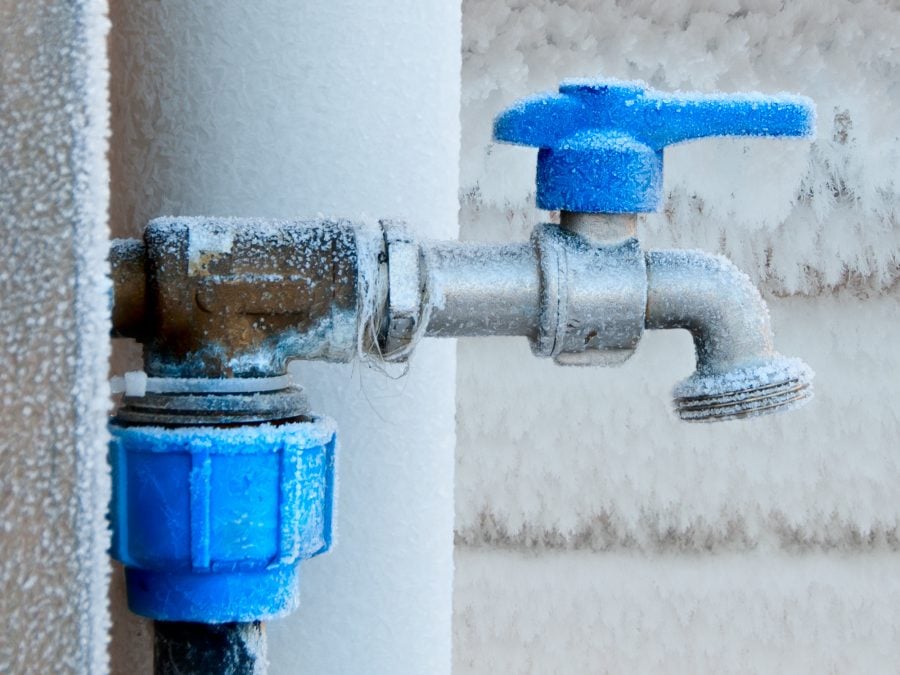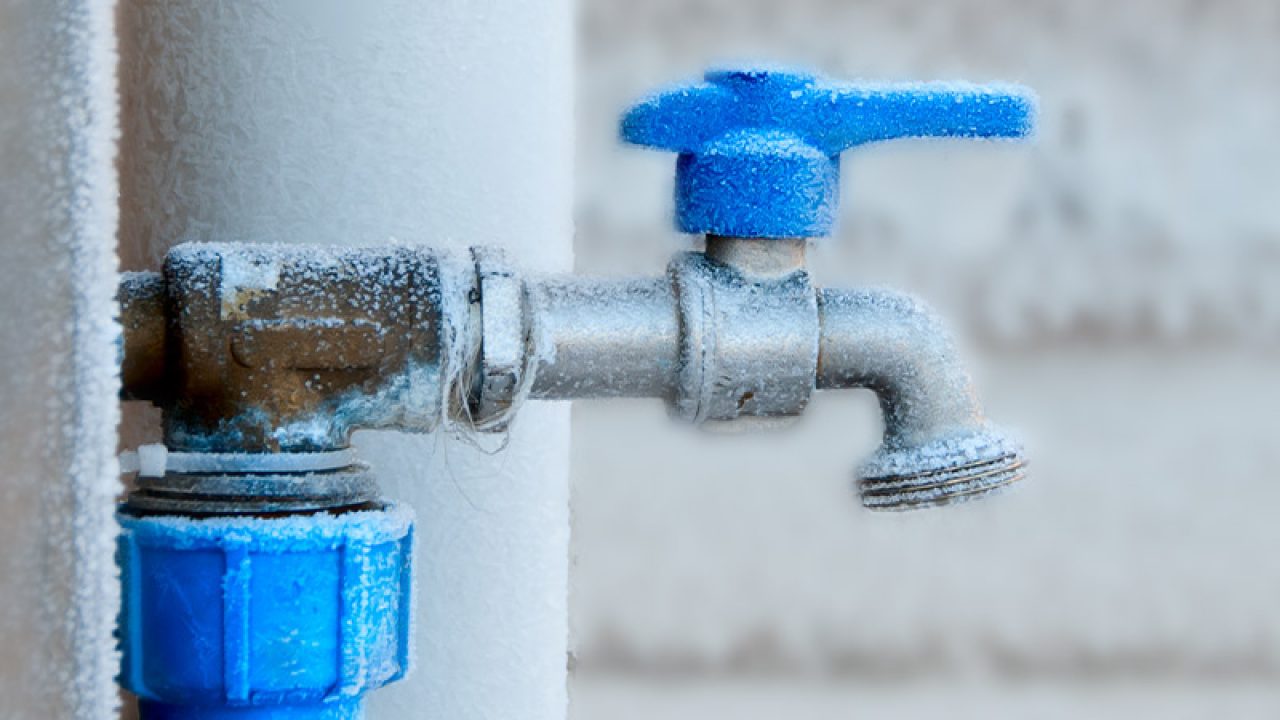Crucial Tips to Avoid Frozen Plumbing in Winter: Expert Insights
Crucial Tips to Avoid Frozen Plumbing in Winter: Expert Insights
Blog Article
Just how do you really feel about Prevent Frozen Pipes ?

Winter can wreak havoc on your plumbing, specifically by freezing pipes. Below's exactly how to prevent it from happening and what to do if it does.
Intro
As temperature levels drop, the danger of frozen pipelines rises, potentially leading to pricey fixings and water damage. Comprehending just how to prevent icy pipes is essential for homeowners in chilly environments.
Recognizing Frozen Pipes
What causes pipelines to freeze?
Pipelines ice up when exposed to temperature levels below 32 ° F (0 ° C) for expanded durations. As water inside the pipelines ices up, it broadens, putting pressure on the pipeline walls and potentially creating them to rupture.
Threats and damages
Frozen pipelines can bring about water disturbances, property damages, and pricey repair services. Ruptured pipes can flooding homes and cause comprehensive architectural damages.
Signs of Frozen Piping
Determining frozen pipes early can stop them from rupturing.
Exactly how to determine frozen pipes
Try to find lowered water flow from taps, uncommon smells or sounds from pipelines, and noticeable frost on revealed pipelines.
Prevention Tips
Protecting at risk pipes
Wrap pipes in insulation sleeves or use warm tape to shield them from freezing temperature levels. Concentrate on pipelines in unheated or exterior locations of the home.
Home heating methods
Keep interior rooms sufficiently warmed, especially locations with pipes. Open closet doors to enable cozy air to distribute around pipes under sinks.
Protecting Outdoor Plumbing
Yard hoses and outside taps
Detach and drain pipes garden pipes prior to winter months. Mount frost-proof spigots or cover exterior faucets with shielded caps.
What to Do If Your Pipes Freeze
Immediate activities to take
If you suspect icy pipelines, keep faucets available to ease stress as the ice thaws. Utilize a hairdryer or towels taken in hot water to thaw pipes slowly.
Long-Term Solutions
Structural adjustments
Consider rerouting pipelines away from outside wall surfaces or unheated areas. Add extra insulation to attics, basements, and crawl spaces.
Upgrading insulation
Purchase top notch insulation for pipes, attics, and walls. Proper insulation aids keep constant temperature levels and reduces the threat of icy pipes.
Verdict
Avoiding icy pipes calls for proactive steps and fast responses. By understanding the causes, indications, and preventive measures, homeowners can safeguard their pipes during cold weather.
Helpful Tips to Prevent Frozen Pipes this Winter
UNDERSTANDING THE BASICS: WHY PIPES FREEZE AND WHY IT’S A PROBLEM
Water freezing inside pipes is common during the winter months, but understanding why pipes freeze, and the potential problems it can cause is crucial in preventing such incidents. This section will delve into the basics of why pipes freeze and the associated problems that may arise.
THE SCIENCE BEHIND FROZEN PIPES
When water reaches freezing temperatures, it undergoes a physical transformation and solidifies into ice. This expansion of water as it freezes is the primary reason pipes can burst. As the water inside the pipe freezes, it expands, creating immense pressure on the walls. If the pressure becomes too great, the pipe can crack or rupture, leading to leaks and water damage.
FACTORS THAT CONTRIBUTE TO PIPE FREEZING
Low Temperatures: Extremely cold weather, especially below freezing, increases the risk of pipes freezing. Uninsulated or Poorly Insulated Pipes: Pipes located in unheated areas, such as basements, crawl spaces, or attics, are more prone to freezing. Insufficient insulation or lack of insulation altogether exacerbates the problem. Exterior Wall Exposure: Pipes running along exterior walls are susceptible to freezing as they encounter colder temperatures outside. Lack of Heating or Temperature Regulation: Inadequate heating or inconsistent temperature control in your home can contribute to frozen pipes. PROBLEMS CAUSED BY FROZEN PIPES
- Pipe Bursting: As mentioned earlier, the expansion of water as it freezes can cause pipes to burst, resulting in significant water damage.
- Water Damage: When pipes burst, it can lead to flooding and water damage to your property, including walls, ceilings, flooring, and personal belongings.
- Structural Damage: Prolonged exposure to water from burst pipes can compromise the structural integrity of your home, leading to costly repairs.
- Mold and Mildew Growth: Excess moisture from water damage can create a favorable environment for mold and mildew growth, posing health risks to occupants.
- Disrupted Water Supply: Frozen pipes can also result in a complete or partial loss of water supply until the issue is resolved.
WHY CERTAIN PIPES ARE MORE PRONE TO FREEZING
- Location: Pipes located in unheated or poorly insulated areas, such as basements, crawl spaces, attics, or exterior walls, are at higher risk of freezing.
- Exterior Pipes: Outdoor pipes, such as those used for irrigation or exposed plumbing, are particularly vulnerable to freezing as they are directly exposed to the elements.
- Supply Lines: Pipes that carry water from the main water supply into your home, including the main water line, are critical to protect as freezing in these lines can affect your entire plumbing system.
- Underground Pipes: Pipes buried underground, such as those connected to sprinkler systems or outdoor faucets, can be susceptible to freezing if not properly insulated.
https://busybusy.com/blog/helpful-tips-to-prevent-frozen-pipes-this-winter/

We had been made aware of that write-up on How to prepare your home plumbing for winter weather from a buddy on a different site. Are you aware of another person who is very much interested in Helpful Tips to Prevent Frozen Pipes this Winter? Take a moment to promote it. Thank you so much for taking the time to read it.
Click Here Report this page